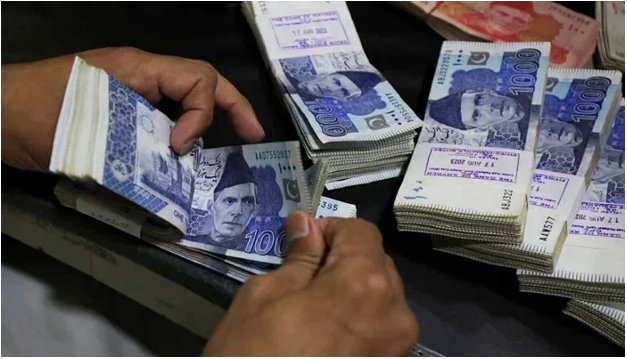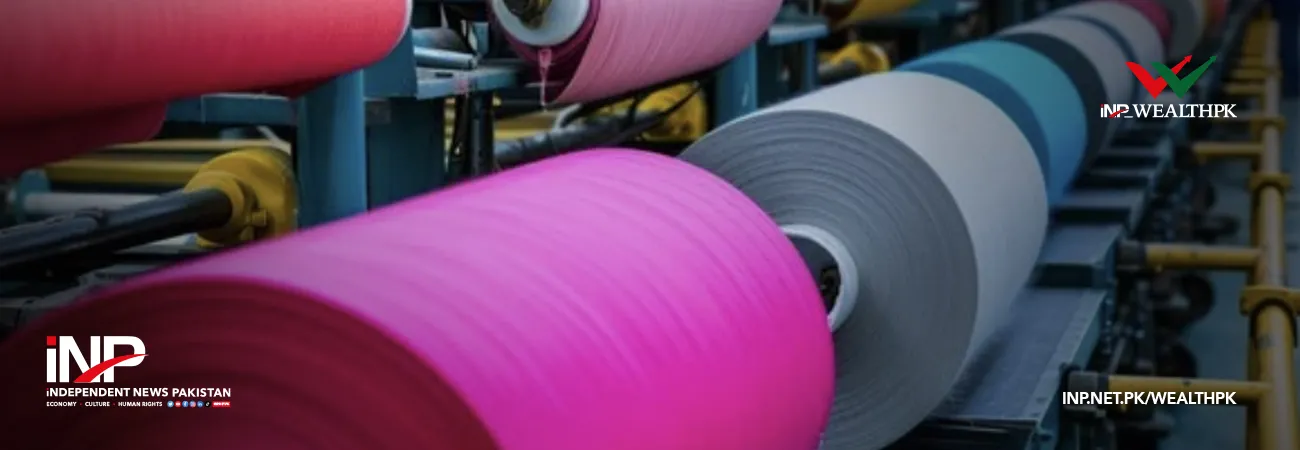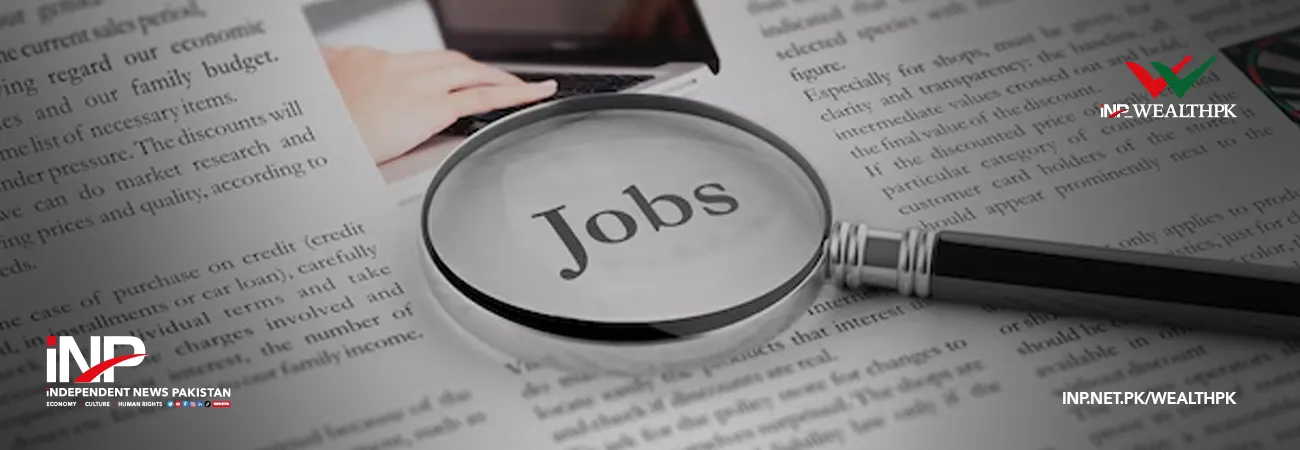INP-WealthPk
Moaaz Manzoor
Pakistan’s record fiscal surplus of Rs1.8 trillion in the first quarter of the ongoing fiscal year (1QFY25) highlights prudent fiscal management, but underscores the need for more structural reforms to ensure sustainable economic stability, reports WealthPK.

The Ministry of Finance’s November Outlook Report highlights Pakistan’s fiscal sector stability during the first quarter of FY25, attributing it to prudent fiscal consolidation measures. Federal net revenues surged by 186%, reaching Rs4,019 billion compared to Rs1,406 billion in the same period last year. This unprecedented revenue growth was predominantly driven by the State Bank of Pakistan’s surplus profit of Rs2,500 billion.
Speaking to WealthPK, Eng Ahad Nazir, Associate Research Fellow and Head of the Centre for Private Sector Engagement at Sustainable Development Policy Institute (SDPI), called Pakistan’s fiscal surplus of Rs1.8 trillion during the first quarter “a significant achievement,” marking the first such surplus in 24 years. However, he emphasised that achieving such a milestone is only part of the journey. “Without targeted investment in energy, industrial productivity and infrastructure, the fiscal surplus alone won’t lead to long-term growth,” he said.
The surplus, while laudable, underscores the need for policies that address structural inefficiencies hindering sustained progress, he noted. Nazir also cautioned that fiscal stability could be at risk if the government does not exercise discipline in spending. “As soon as the business cycle goes toward expansion, there is a risk that fiscal discipline could be compromised, which may hinder long-term progress and take us back to ground zero,” he warned. He highlighted that maintaining the current momentum requires a commitment to equitable policies and avoiding practices that undermine fiscal responsibility.
The SDPI official said the SBP’s decision to reduce the policy rate to 15% has not only generated surplus profits but also economic activity. “Stimulus measures like reducing the policy rate must be paired with broader reforms to unlock Pakistan’s full growth potential. These include addressing systemic inefficiencies in the energy sector and ensuring that industrial growth pivots toward export-led strategies to minimise reliance on imports and external debt,” Nazir noted. Adding to this perspective, Aqib Rauf Abbasi, senior analyst at Insights Driven Research, a global information services company, underlined the importance of export diversification and investing in research and development.
“Boosting labour productivity and finding new markets is essential to creating market competitiveness,” he remarked. He argued that sustainable fiscal health requires fostering innovation and enabling Pakistani products to compete globally. “These efforts could expand the country’s economic base, reducing its dependence on external borrowing and mitigating fiscal risks.” Despite these challenges, the fiscal surplus presents an opportunity for Pakistan to realign its economic priorities. Experts agree that the focus must shift from short-term fiscal management to structural reforms, with investments in renewable energy, digital infrastructure and education.
Such reforms can help Pakistan sustain economic growth and fortify its resilience against global economic shocks. Pakistan’s fiscal surplus, driven by SBP profits and improved revenues, is a significant milestone, but addressing inefficiencies in energy, industry and export sectors is crucial for long-term stability. The surplus could provide a platform for transformative reforms to ensure sustainable growth and economic resilience.
Credit: INP-WealthPk













